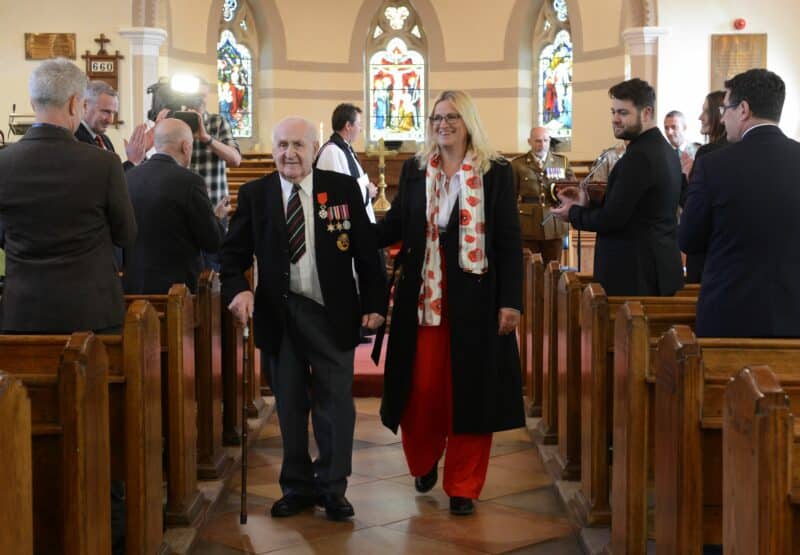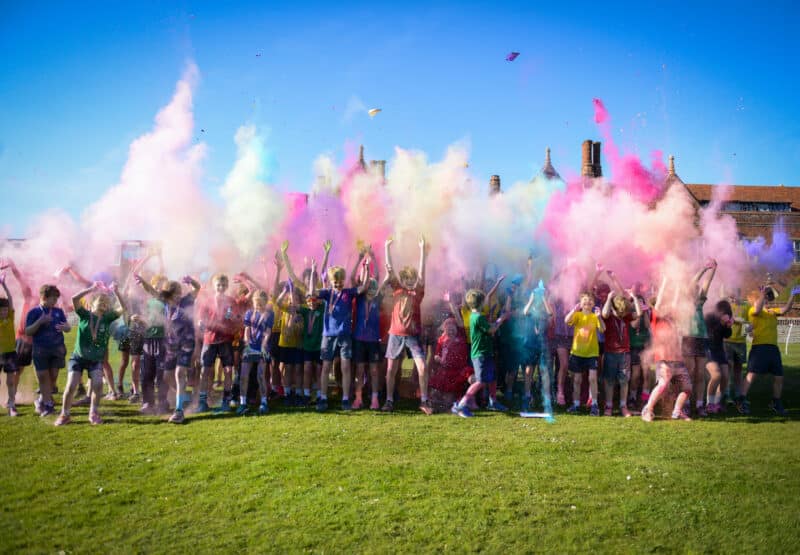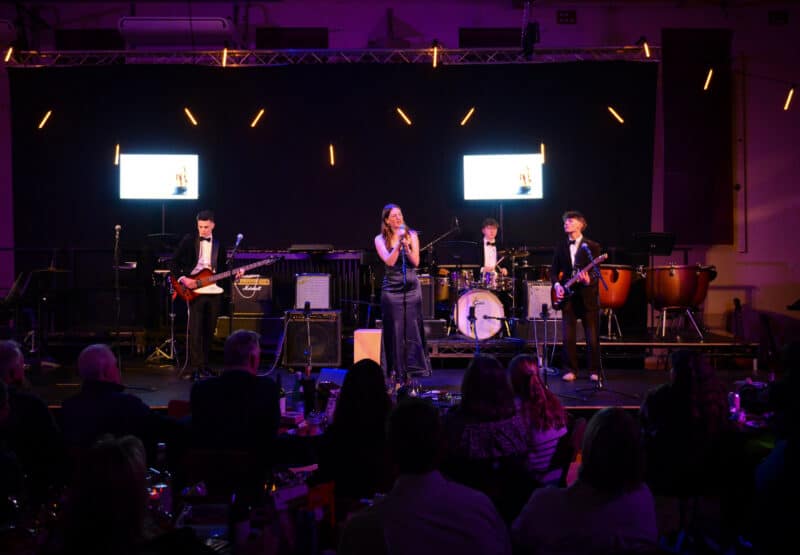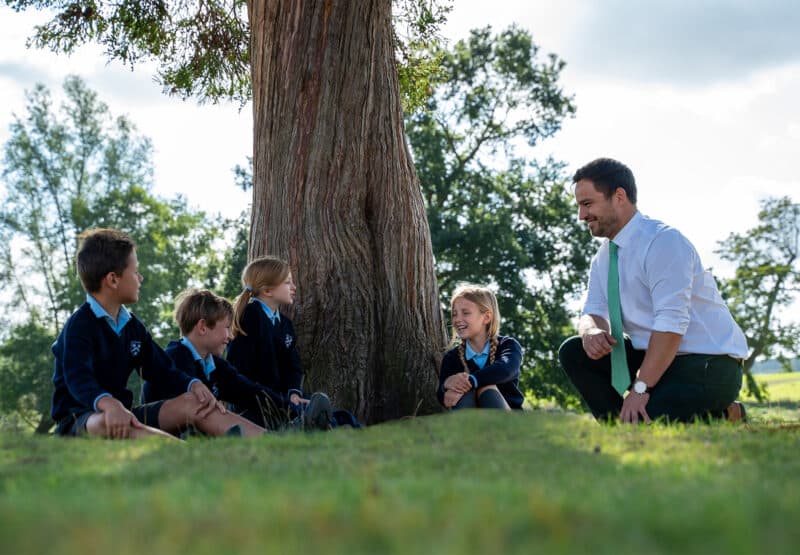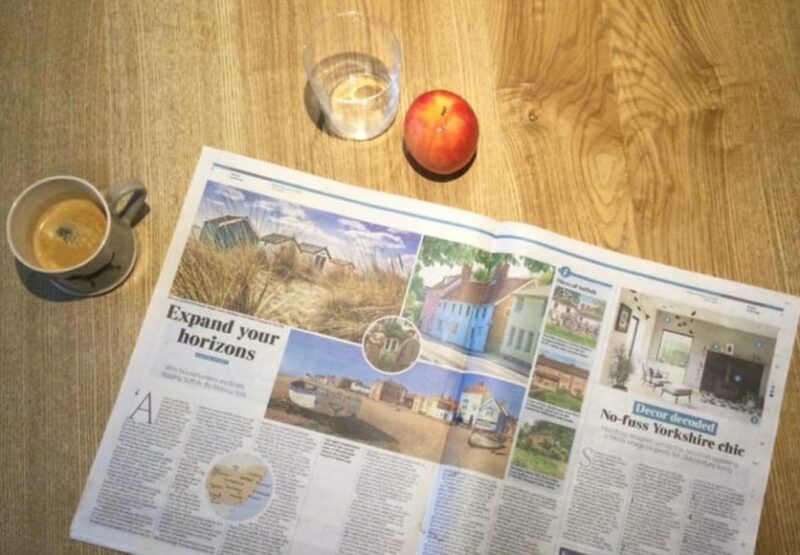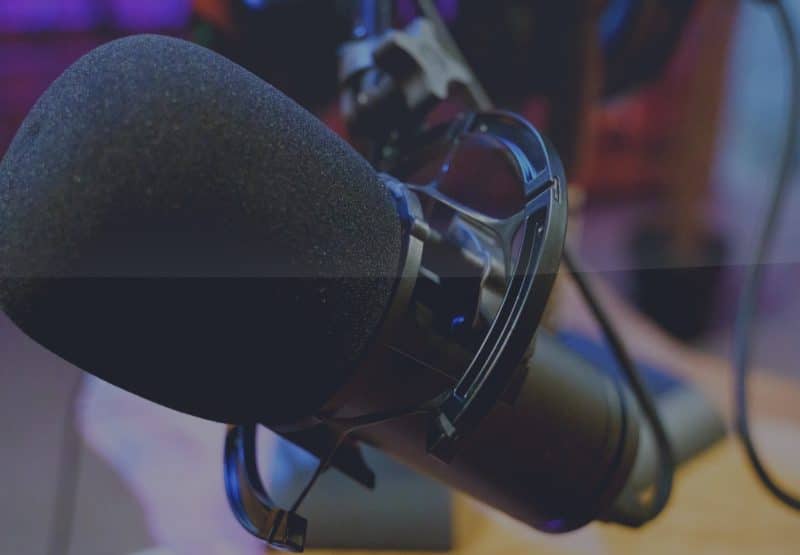Pupils from across the Senior School recently benefited from the expert advice and experience of domestic abuse expert Paula DeVaux, as she delivered two days of workshops for pupils across Year 9 – 13, looking at identifying unhealthy relationships and dealing with red flags.
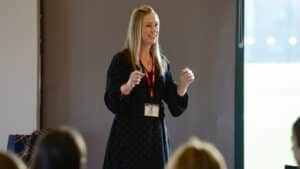
With 20 years’ experience in the criminal justice system, Paula decided to start presenting workshops after victims and perpetrators of domestic abuse, many of whom she had previously worked with, told her that they wish they had known the signs of an unhealthy relationship from adolescence.
After latest figures show that 1 in 4 women and 1 in 6 men will experience domestic abuse in the UK, Paula says: “As we enter adolescence and start romantic and professional relationships, it’s so important to know what a healthy relationship looks like, recognise red flags around unhealthy relationships, and what to do when unhealthy turns into abusive.”
Healthy relationships are vital for us to succeed in all areas of life, and whether it’s at a new school, a new career, heading off to university, starting a new friendship or relationship – it’s important to tune into those red flags early.

Highlighting key relationship qualities, Paula said: “It’s important to practice skills such as a listening and banking information, being trustful and thoughtful, being kind and making sure yourself and others feel safe both emotionally and physically – these are all key positive healthy relationship qualities. It makes you feel validated and adds reassurance to your relationship.
“This is the healthy zone, but often there may be moments where we experience unbalance in our friendship or relationship which can turn unhealthy – such as a friend whose banter goes too far and hurts your feelings, or a moment where you may think you are investing more into the relationship than the other. These are all common issues and allows us to practise accountability and responsibility.”
Paula also demonstrated how learning to apologise properly is a good way to strengthen and repair relationships, but it can also provide you with the first sight of a potential red flag.
“If someone says, ‘I’m sorry, but…’ or ‘I’m sorry you feel like that’ they are diverting blame and not taking accountability”, Paula explains. “This is known as the amber zone of unhealthy relationships, with victim blaming and gaslighting often the first step into the abusive zone.”
Following new legislations which were brought in a few years ago, coercive control is now recognised under the Serious Crimes Act and is punishable by up to five years in prison.
“There are many different types of abuse”, says Paula. “Emotional, physical, psychological, sexual, financial – it’s important to know the signs to look for in ourselves and in others.
“If you experience an uneasy or intimidating situations, don’t ignore it, take time to reflect and listen to your body when faced with a threat, listen to your instincts, and use those skills practised to maintain healthy relationships to ask others if they are okay too. You set the bar for relationships, and how you would like to be treated and is how you should treat others.”
Listen Now
You can listen to more of Paula DeVaux on our ‘In Conversation’ Podcast, click the play button below. And why not subscribe to our Podcast on your favourite podcast platform to keep up-to-date with future podcasts.

